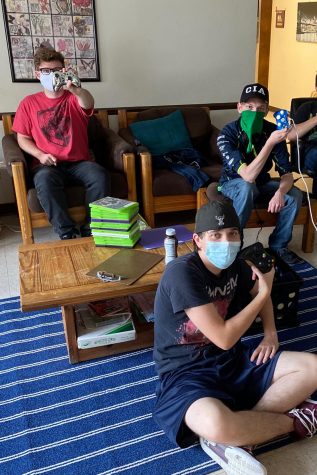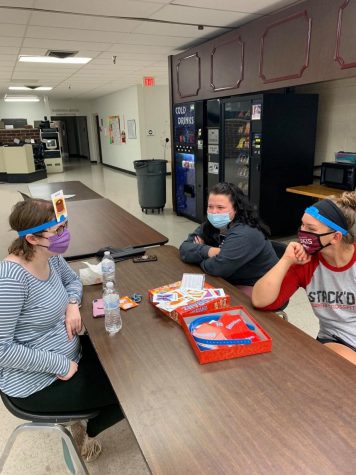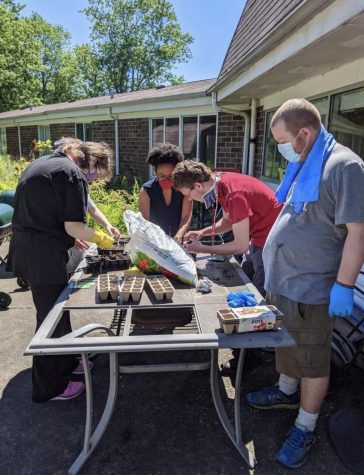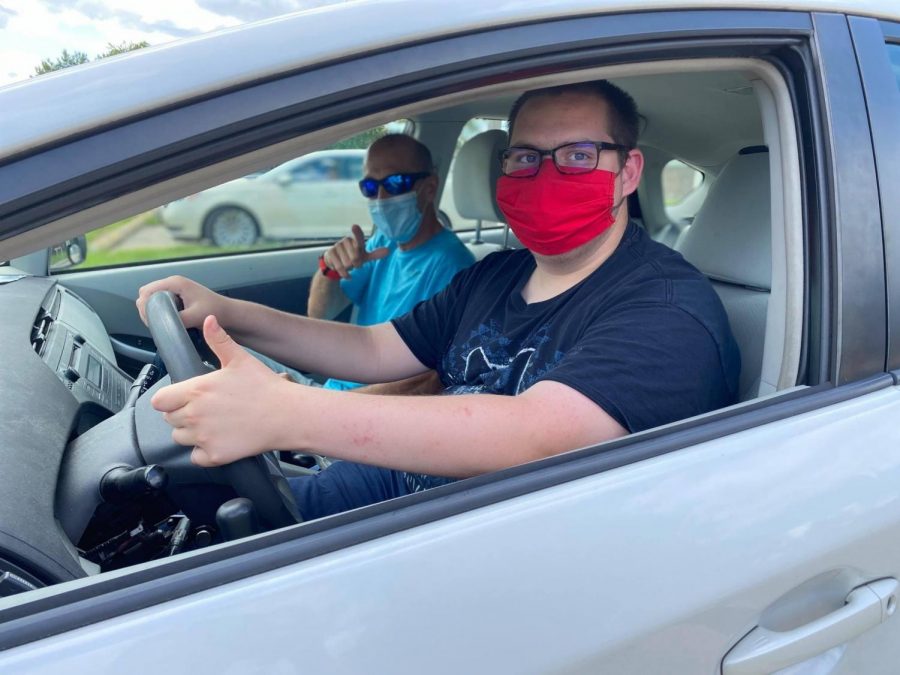Transitioning from High School to College and the World of Work with a Disability.
If you are going to need accommodations for college such as extended times on exams, a reader, or books on tapes, you might have the Evaluation and Developmental Center (EDC) assist you with the testing and documentation that may be needed to get services on a college campus from Disability Support Services.
The EDC is located at Southern Illinois University Carbondale (SIUC) campus. It is grant funded by the Illinois Department of Human Services/Division of Rehabilitation Services (IDHS/DRS) and SIUC. “EDC is a facility that provides services to individuals with disabilities to assist them with living and working independently in their community,” said Ladonna Henson the director of EDC, it started in 1967 and has added additional services overtime.
The vocational rehabilitation program provides a comprehensive range of individualized services to identify career and vocational goals to aid a person’s ability to retain gainful employment. The services available are vocational evaluation, psychological assessment, community employment services, driver’s rehabilitation, transitional living services, and behavioral consultation. The eligibility for their services is persons 16 years or older with a disability who meet criteria as determined by the IDRS.

A vocational evaluation assesses works skills, preferences, and limitations through a comprehensive vocational interview/testing, academic achievements, interest in work values, work personality, and individualized career interests. The psychological assessment consists of intelligence testing, as well as diagnostic services to assist with educational and vocational planning. The community employment services program works with a client to assist in seeking competitive employment. Compatible employment is achieved by matching the vocational interests, work traits, and abilities of the client with available jobs in the community. Individuals in the program received assistance with job seeking skills, completing, and submitting applications, interviewing skills, job development, contacts with potential employers, and job site support. Driver’s rehabilitation consists of a driver’s assessment, drivers rehabilitation training/consultation for individuals with disabilities, and adaptive equipment for vehicles.Transitional living services provide individuals with a safe stimulating environment to learn new skills and services include meal preparation/planning tasks, smart budgeting and spending skills, daily training and living skills, individual goal settings, community referrals, personal case management services, progress updates, and individualized support counseling with their 24-hour-a-day staff. Residents of the EDC Living Center participate in community and group activities, as well as recreational activities planned throughout each semester by a collaborative team of professionals.
Behavioral consultations assist clients in expressing more effective and acceptable behaviors. Behavioral strategies are used to teach better ways to deal with the environment and personal stressors. Targeted behaviors are discouraged, and positive behaviors are learned and maintained. Individuals can achieve increased participation in mainstream community activities by redirecting a targeted behavior to a more socially and culturally acceptable behavior. EDC’s services include addressing self-injurious behaviors, disruptive behaviors and eating disorders in the home or community. The behavior consultation process consists of referrals/consent, an interview with an indirect assessment, preference assessment, direct assessment, a treatment evaluation, and behavioral training.

“COVID-19 has changed the way some of our services are provided such as remote learning, zoom/team meetings,” said Colleen Kuczynski the Rehabilitation Specialist Administrator of the grant. EDC continues to offer its full range of services during this pandemic time with some minor changes. The dorm now hosts 10 instead of 20 students, so everyone is in their own individualized room as opposed to having a roommate. The facility has added on training people with disabilities on how to keep their working and living environment safe during this time with social distancing, double mask wearing, cleaning the facility every two hours, remote learning, zoom/team meetings between staff in their own offices instead of use of a large conference room, and desks/work stations are surrounded in 4 feet high plexiglass.

For additional information about EDC and how to be referred there, you can work with your high school guidance counselor, your transitional school team, and the DRS office out of Murphysboro, IL, 618-565-2835. You can find more information about EDC on their Facebook page, the SIUC websites, or by reaching EDC by phone for any questions 618-453-2331.

